In the quest for optimal health and nutrition, one food group stands out as a true superfood: beans. These humble legumes have been a staple in diets around the world for thousands of years, and for good reason. Packed with essential nutrients, beans offer a wide array of health benefits that make them a valuable addition to any diet. In this comprehensive guide, we’ll explore the nutritional profile of various types of beans and discover how incorporating them into your meals can boost your overall health and well-being.
The Nutritional Marvel of Beans
Beans are often referred to as “nutritional powerhouses,” and it’s easy to see why. These little wonders are densely packed with an impressive array of nutrients:
- Protein: Beans are an excellent source of plant-based protein, making them ideal for vegetarians, vegans, and anyone looking to reduce their meat consumption.
- Fiber: Rich in both soluble and insoluble fiber, beans support digestive health and help maintain stable blood sugar levels.
- Complex Carbohydrates: The slow-digesting carbs in beans provide sustained energy throughout the day.
- Vitamins and Minerals: Beans are loaded with essential nutrients like iron, magnesium, potassium, folate, and B-vitamins.
- Antioxidants: Many beans contain powerful antioxidants that help protect your cells from damage.
What’s more, beans are naturally low in fat and provide all these benefits at approximately 120 calories per half-cup of cooked beans. This nutrient density makes beans an excellent choice for those looking to maintain a healthy weight while ensuring their body gets the nourishment it needs.
Health Benefits of Bean Consumption
Recent studies have highlighted the numerous health benefits associated with regular bean consumption:
- Heart Health: A study published in the Nutrition Journal in March 2024 found that eating beans may help with weight control. Additionally, previous research has shown that regular bean consumption can lower total cholesterol and harmful LDL cholesterol levels.
- Blood Sugar Control: Beans have been found to reduce the blood sugar spike that typically occurs after eating, making them an excellent food choice for people with diabetes or those at risk of developing the condition.
- Disease Prevention: According to Julie Garden-Robinson, a professor and food and nutrition specialist at North Dakota State University, “Consuming more beans could improve overall health and also decrease the risk of developing certain diseases, including heart disease, diabetes, and many types of cancer.”
- Digestive Health: The high fiber content in beans promotes a healthy digestive system and can help prevent constipation.
- Weight Management: The combination of protein and fiber in beans helps you feel fuller for longer, potentially aiding in weight management efforts.
Exploring Different Types of Beans
While all beans offer impressive health benefits, each variety has its own unique nutritional profile and culinary uses. Let’s take a closer look at some popular types of beans:
Black Beans
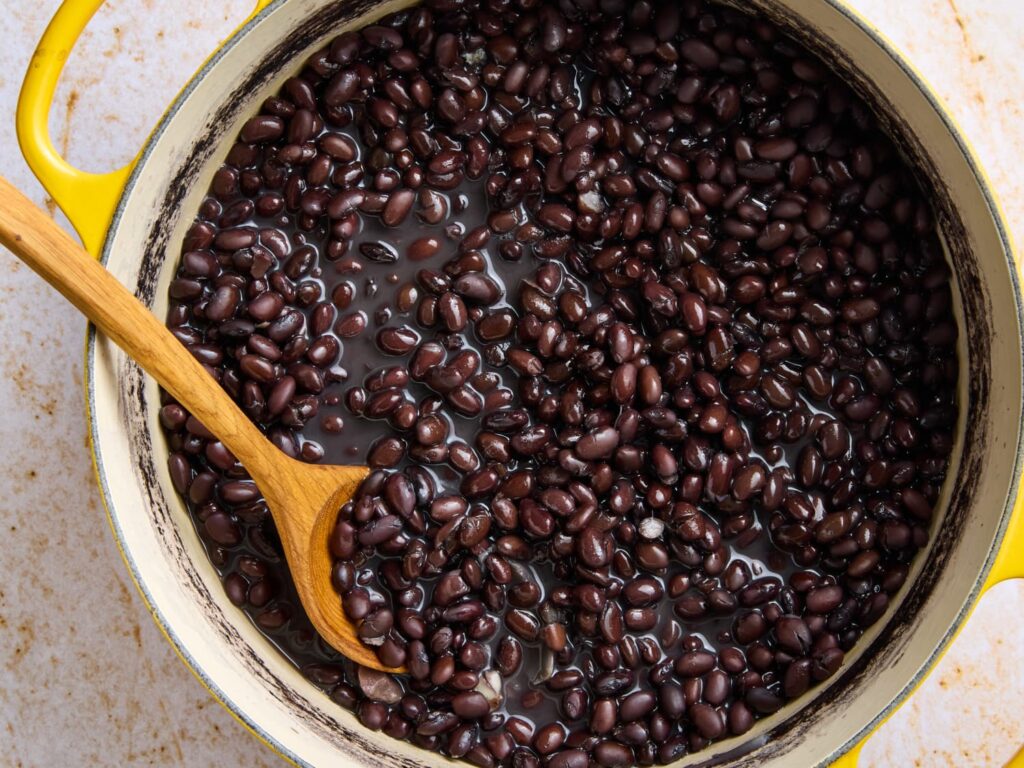
Black beans have been a staple in Central and South American cuisines for millennia. They offer a meaty flavor and creamy texture when cooked.
Nutritional Highlights:
- Rich in protein and fiber
- Good source of calcium, iron, potassium, and folate
- Contains choline, essential for brain and nervous system function
Health Benefits: Research has shown that consuming cooked black beans can improve vascular function and lower LDL cholesterol, potentially reducing the risk of cardiovascular disease.
Culinary Uses: Black beans are versatile and can be used in chilis, tacos, quesadillas, soups, and even desserts. Try adding pureed black beans to brownie batter for a nutritious twist on a classic treat.
Kidney Beans
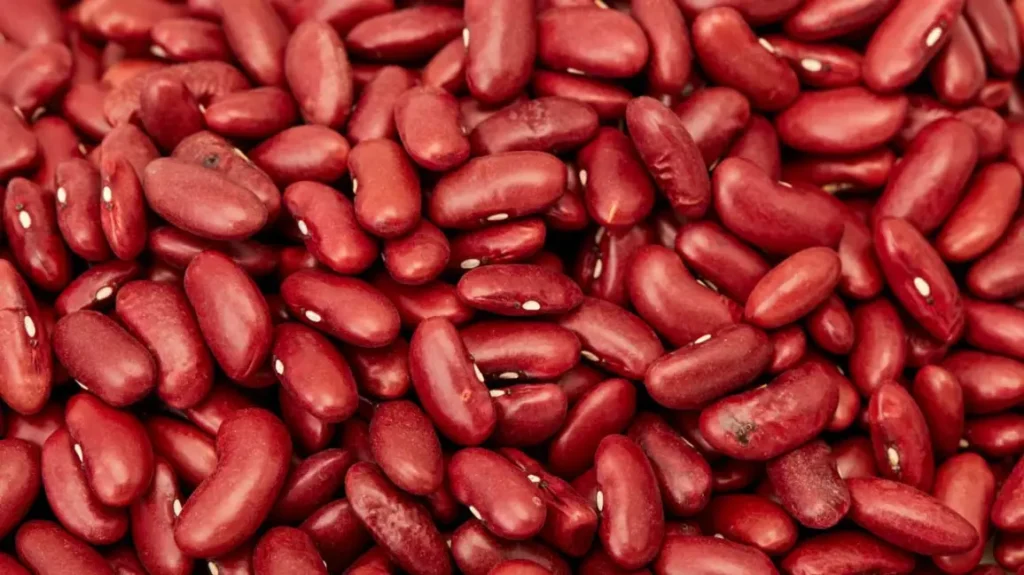
Available in both dark and light red varieties, kidney beans are a common ingredient in many global cuisines.
Nutritional Highlights:
- High in protein and fiber
- Rich in calcium, iron, magnesium, and folate
- Good source of selenium
Health Benefits: Studies have demonstrated that cooked red kidney beans can improve blood vessel function and help lower blood pressure.
Culinary Uses: Red kidney beans are perfect for soups, stews, chilis, and salads. White kidney beans (cannellini) are often used in Italian dishes like pasta e fagioli.
Related Stories
Navy Beans and Great Northern Beans
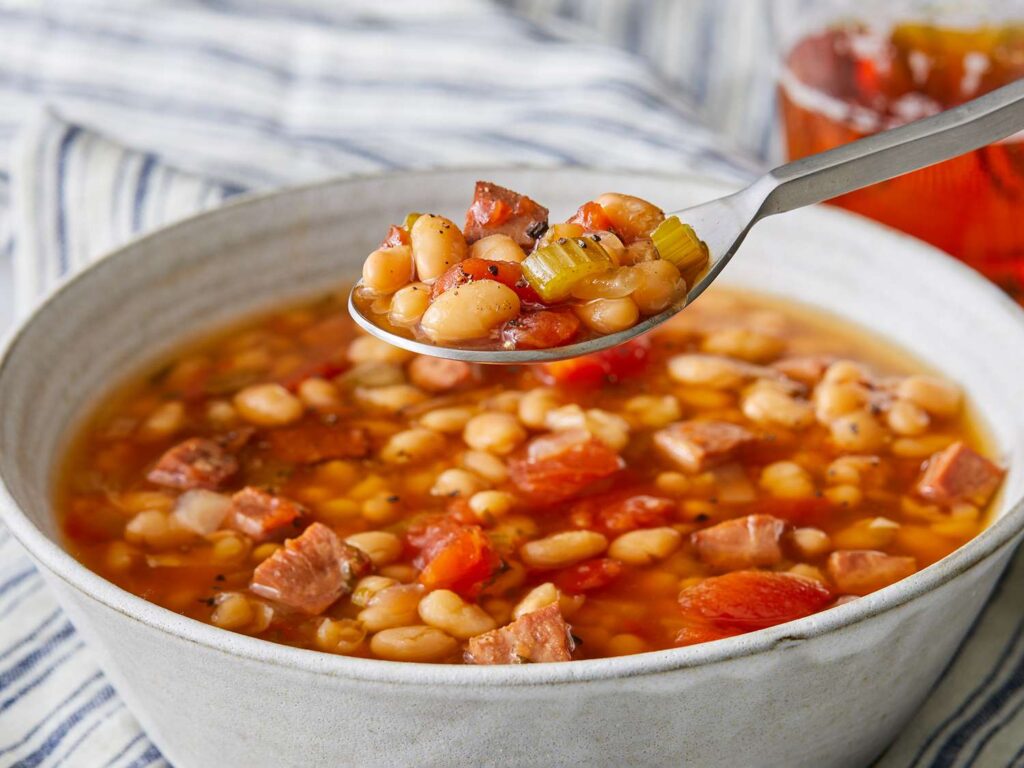
These white beans have a mild, delicate flavor and are commonly used in American and European cuisines.
Nutritional Highlights:
- Excellent sources of protein and fiber
- High in iron, magnesium, phosphorus, and potassium
- Good source of choline (especially navy beans)
Health Benefits: Navy beans have been shown to improve intestinal health by promoting beneficial gut bacteria. Great northern beans contain compounds that may reduce vascular inflammation and oxidative stress.
Culinary Uses: Both varieties work well in soups, chilis, salads, and dips. Try pureeing them for use in smoothies or dressings for added nutrition.
Pinto Beans
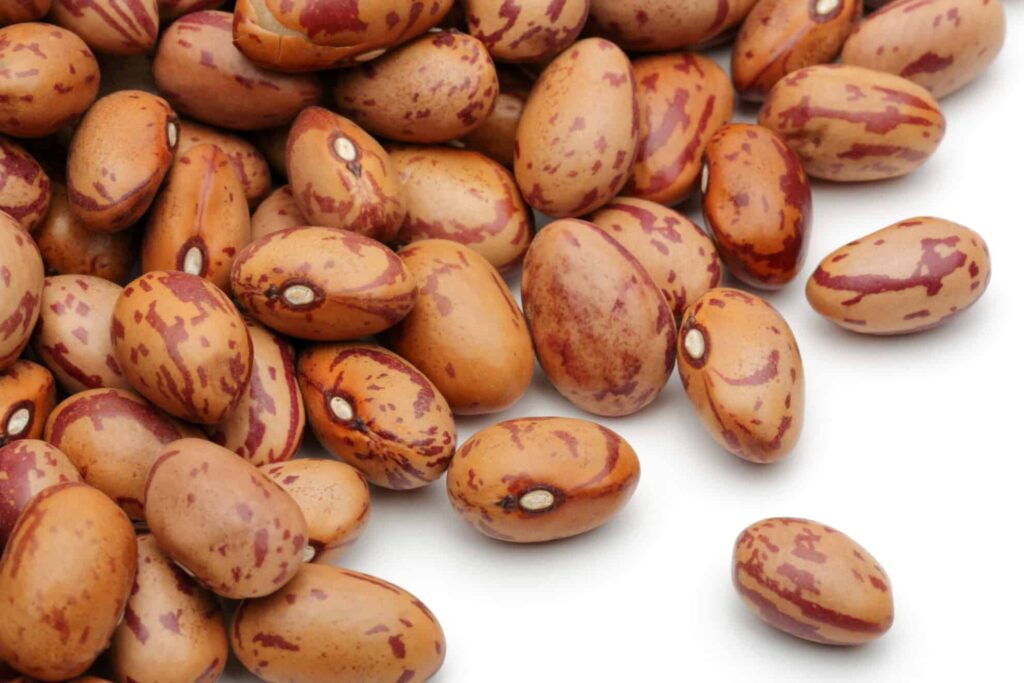
A staple in Mexican and Spanish cuisine, pinto beans have an earthy flavor when cooked.
Nutritional Highlights:
- High in fiber and protein
- Good source of calcium, iron, and folate
- Contains traces of vitamins E and K
Health Benefits: Research from Arizona State University found that consuming a half cup of cooked pinto beans daily for eight weeks led to significant reductions in total and LDL cholesterol levels.
Culinary Uses: Pinto beans are famously used to make refried beans but also work well in rice dishes, chilis, burritos, soups, and tacos.
Incorporating More Beans into Your Diet
Despite their numerous health benefits, many people don’t consume the recommended amount of beans regularly. Chelsea Didinger, a nutritionist and founder of A Legume a Day, suggests that this may be due to a lack of familiarity with different preparation methods.
To increase your bean intake, try these simple tips:
- Add beans to salads for extra protein and fiber.
- Use pureed beans as a base for dips or spreads.
- Incorporate beans into soups and stews for added heartiness.
- Try bean-based veggie burgers as a meat alternative.
- Experiment with different bean varieties in your favorite recipes.
Conclusion: Embracing the Bean Revolution
As we’ve explored, beans are truly a nutritional powerhouse, offering a wide range of health benefits in a delicious and versatile package. From supporting heart health to aiding in weight management, the advantages of incorporating beans into your diet are clear.
As Didinger aptly puts it, “Whatever bean you’re going to eat more of is the healthiest bean for you because they’re all incredibly healthy.” So why not start your own bean revolution today? Experiment with different varieties, try new recipes, and discover the delicious ways you can boost your health with these amazing legumes.
Remember, small changes in your diet can lead to significant improvements in your overall health. By making beans a regular part of your meals, you’re taking a simple yet powerful step towards a healthier, more vibrant you.
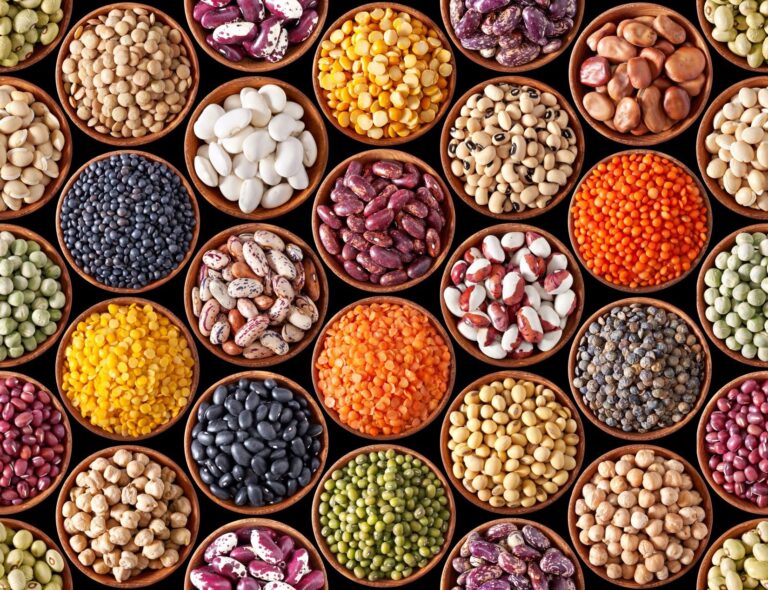



Comments are closed.